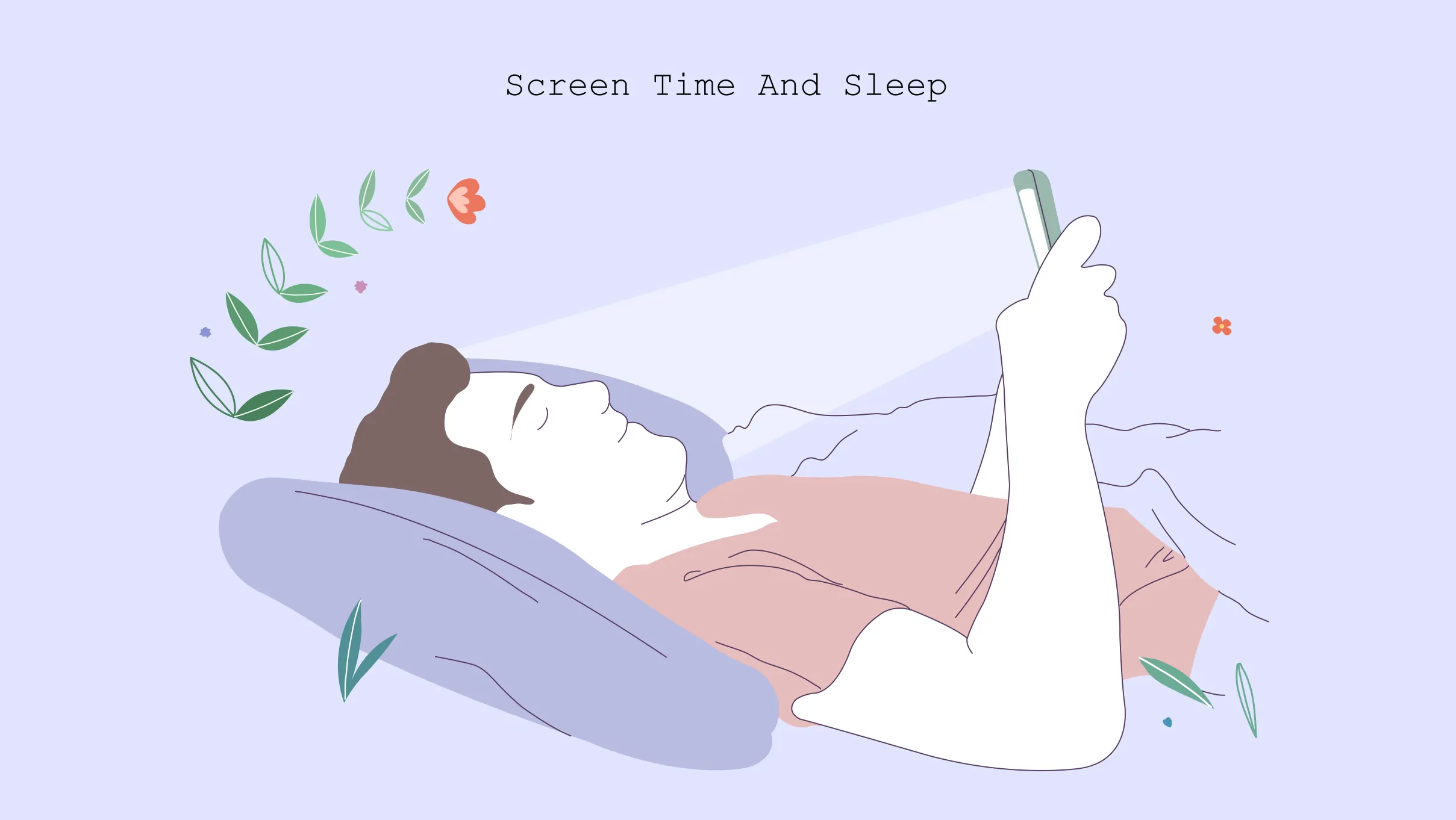Screens and Your Sleep: The Impact of Night-Time Use
Fact Checked
Up to date
Update: July 7, 2023
Share
Written by

Content Writer
Medical reviewed by

Pulmonary and Sleep Specialist

0
people like this article
Share
Written by

Content Writer
Bachelor's in English Literature and Health Sciences
Previously wrote blog articles for various Doctors for their websites
Familiarity with various content management systems and SEO best practices
Medical reviewed by

Pulmonary and Sleep Specialist
Pulmonary Critical Care & Sleep Specialist, vast experience of 10+ years in diagnosing and treating various sleep disorders.





